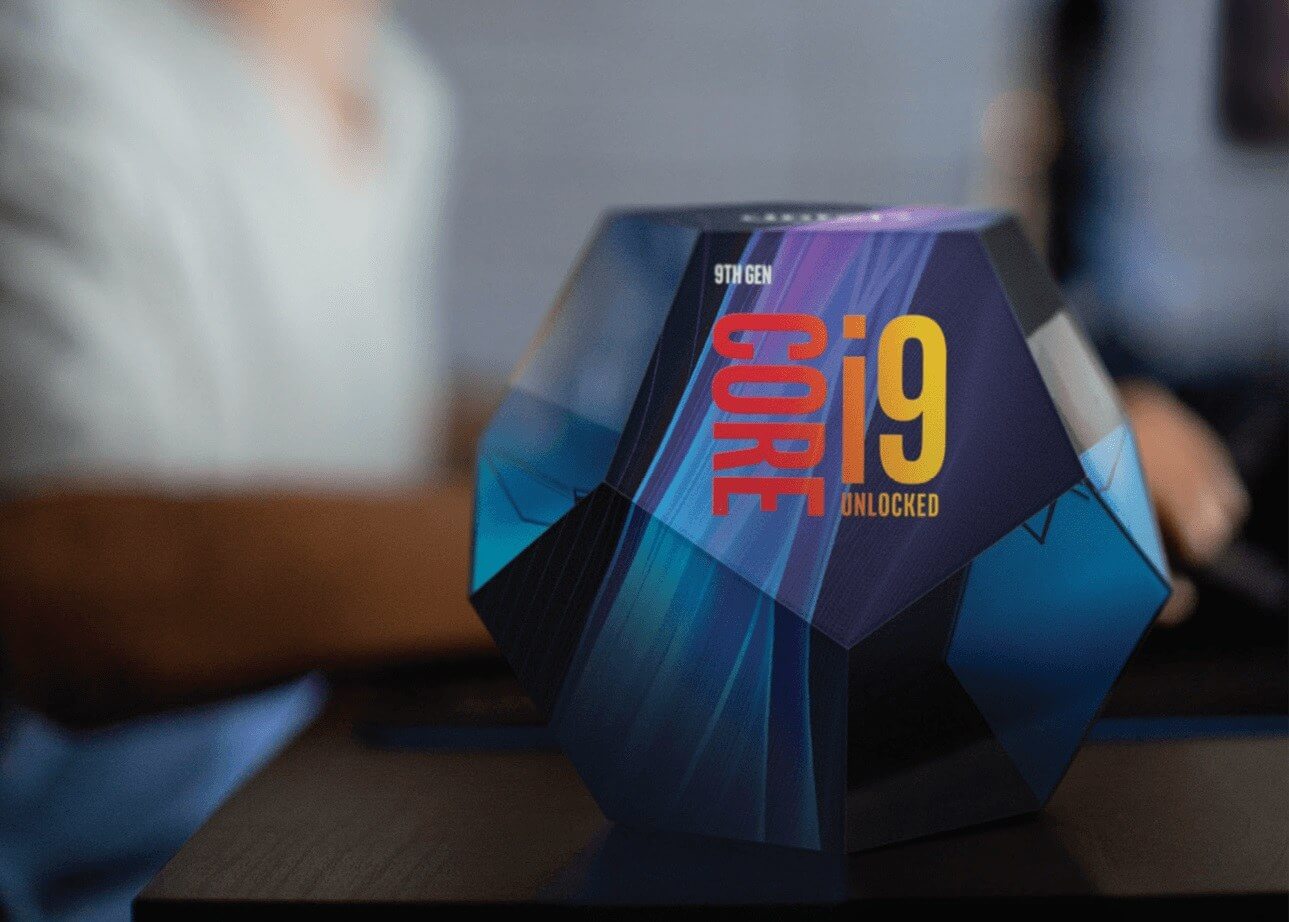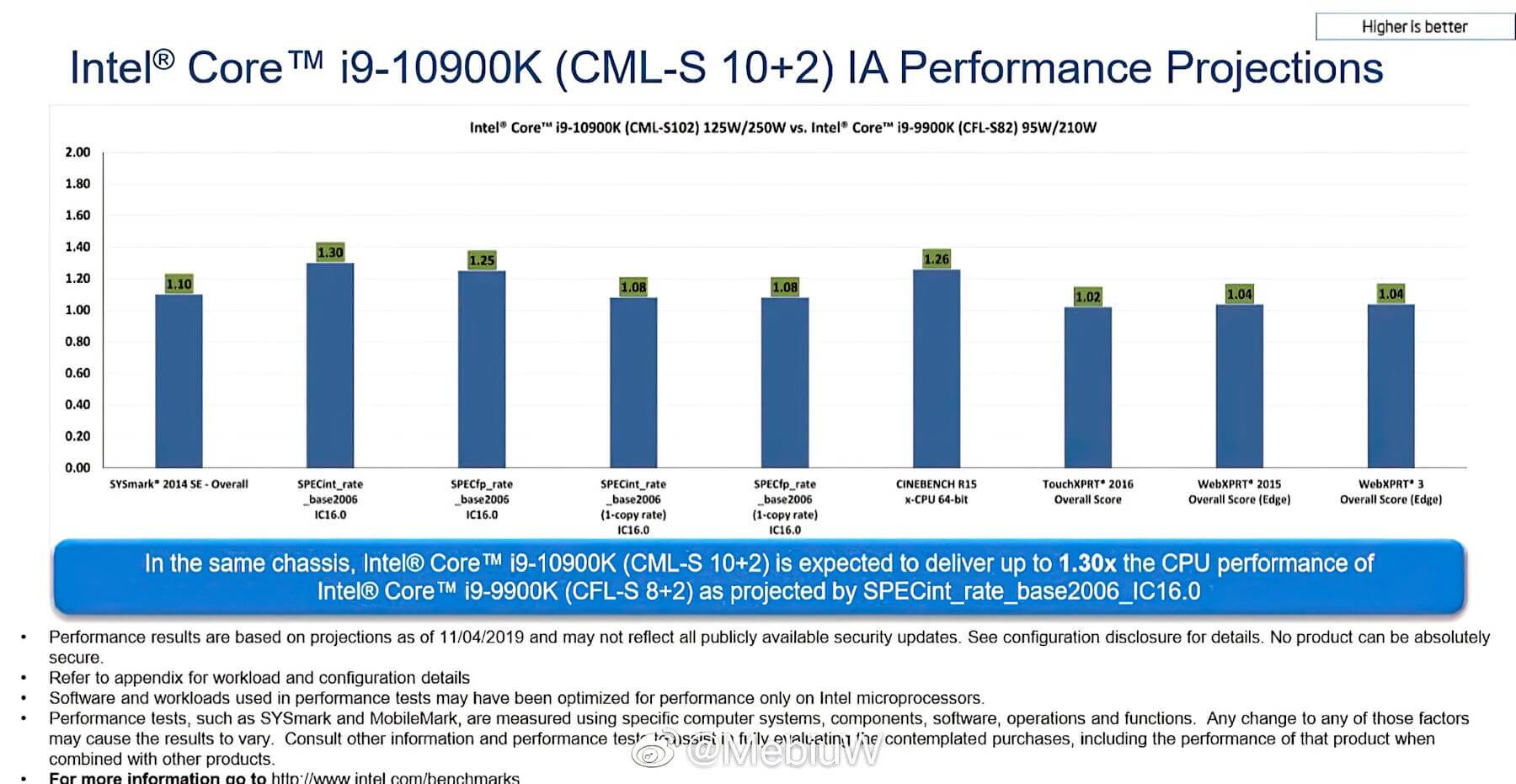Something to look forward to: It seems we’re edging ever closer to the launch of Intel’s Comet Lake desktop chips, and that means leaks are arriving thick and fast. The latest of these comes in the form of a Geekbench database entry, which shows the i9-10900K performing 30 percent better than its Core i9-9900K predecessor.

The alleged Geekbench 5 result was spotted by regular leaker Tum_Apisak. The benchmark, performed using an ASRock Z490M Pro4 with 32GB of DDR4 memory, shows the upcoming flagship reaching a single-core score of 1,437 and a multi-core of 11,390. The Core i9-9900K, for comparison, has a single-core score of 1,340 and a multi-core result of 8,787.
Intel Core i9-10900K
— APISAK (@TUM_APISAK) March 27, 2020
ASRock Z490M Pro4
Geekbench 5https://t.co/N1sa1Qb5pK
for compare
i9-9900KShttps://t.co/dnurLWL9JR
With its ten cores, it’s not a surprise to see the i9-10900K outperforming the eight-core i9-9900K. Intel is also expected to have increased the base frequency from 3.6GHz to 3.7GHz, while the boost clock goes from 5.0GHz to 5.1GHz. While all that will have contributed to the higher benchmark, the extra performance likely comes from further refinement of the 14-nanometer process, which Intel has been using since Skylake.
Back in January, an alleged leaked document (below) from Intel also showed the i9-10900K outperforming the 9900K by up to 30 percent. It was noted that the chip had a massive power draw, but it appears Intel has managed to get this under control.
We still don’t know exactly when the Comet Lake desktop CPUs will arrive. It looks as if they’ll be announced sometime in April, though a recent report claimed Covid-19 disruption to the supply chain could see the launch delayed until June, but that now seems unlikely.
Intel’s 10th-generation desktop CPUs will be competing with AMD’s 7nm Ryzen 3000 chips at launch, so Chipzilla will have to be smart with its pricing. And with the fourth-gen Ryzen series expected sometime in Q3, Comet Lake could be facing some tough competition.
https://www.techspot.com/news/84602-leaked-benchmark-shows-core-i9-10900k-beating-9900k.html

